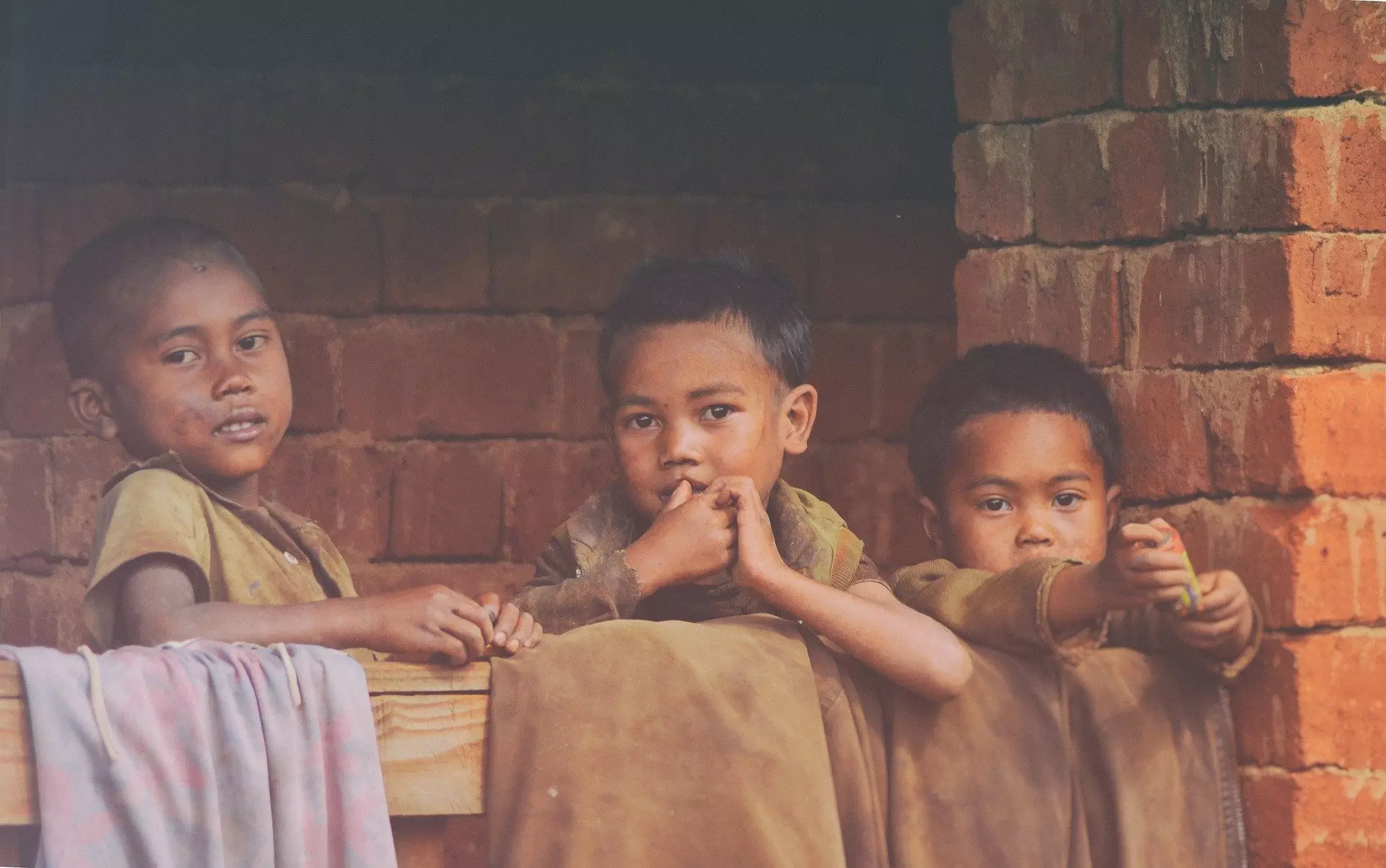
How Kerala is showing the way in 'extreme poverty eradication'
The initiative, first such in the county, undertaken by Kerala, has reportedly achieved nearly 50 percent of its objectives in just over two years

The opening day of Keraleeyam, the week-long festival the Kerala government began on Thursday (November 1), marked a significant milestone towards ensuring zero poverty in the state. A status report of the Extreme Poverty Eradication Project (EPEP), launched by the government two years ago, suggests that 30,658 families – roughly 47.89 percent of the targeted 64,006 families – have been lifted out of poverty during the first phase.
The report was presented by Local Self-Government Minister MB Rajesh. Currently, the state has around 33,000 families still reeling under extreme poverty. The report suggests that the state aims to uplift 26,547 of the remaining families by November the next year, with the ultimate goal of achieving 90 percent eradication of extreme poverty by November 2025, and eventually completely eliminating it.
What is extreme poverty?
Extreme poverty, as defined by the United Nations, is the most profound form of poverty, marked by a state of severe lack in fundamental human necessities such as nourishment, clean drinking water, sanitation, healthcare, housing, education, and access to information.
Kerala first state to undertake the initiative
Pinarayi Vijayan, in his second innings as Chief Minister, in May 2021 made the removal of extreme poverty a key goal of his government. It was estimated that 1,03,099 individuals belonging to 64,006 families fell in this category. Vijayan highlighted that Kerala was the first state in the country to undertake such an initiative.
Two-and-a-half years later, the government has announced that half of these families no longer face extreme poverty.
How did the initiative work?
The LDF government brought together key departments and agencies in a collaborative effort to work in tandem towards achieving the complete eradication of extreme poverty. According to the status report, the government formulated micro-plans that encompassed both short-term and long-term strategies. Immediate requirements of the project were tackled through readily available services, such as ration and Aadhaar cards, health insurance, social security pensions, and provisions for food and healthcare facilities. Simultaneously, local authorities were entrusted with the responsibility of devising long-term plans, which involved guaranteeing access to housing, sanitation facilities, electricity, and clean drinking water.
Engaging citizens in decision-making
A key feature of the initiative that brought the turnaround was the involvement of the citizenry in the decision-making process. “The decentralisation of power in Kerala has offered an additional avenue for regular citizens to actively engage in the decision-making process. This has proven to be a pivotal factor in alleviating the hardships faced by impoverished households. The combination of this decentralised approach of People's Planning Programme and Kudumbasree mission, the women’s self-help movement, has also been groundbreaking in the mission to eradicate poverty,” the minister said.
How the most needy were identified?
The enumeration for this project had identified 1,18,309 households in focus group discussions, of which 73,747 got to the priority lists and finally 64,006 were approved by the village councils after several rounds of due process. “This journey known as the extreme poverty identification process served as the inaugural step towards the sustainable development goals. The families were identified based on distress factors such as food, health, shelter and income,” the status report said.
This identification process put forward some very interesting statistics. Of the 64,006 identified households, 25,823, or 40.34 percent, were single-member households and only 1,417 families had more than four members. Of them, 3,021 families belonged to the STs, while 12,763 were from the SCs.
Crucial civic documents missing
According to the status report, the “Avakaasan Athivegam – rights to be granted quickly” campaign acted as a catalyst, sparking proactive efforts across various departments to meet the immediate and long-term requirements of those living in extreme poverty. As part of the extensive data collection process, it became evident that a significant number of individuals lacked crucial civic documents and access to essential services. Following the campaign, 21,263 individuals have received vital civic documents and services to date.
The report highlights the efforts of Kudumbasree, like food distribution through people’s hotels. “Cooked meals were provided to families lacking cooking facilities, while food kits were distributed to those who could prepare their own meals. Kudumbasree volunteers, in partnership with various organisations and initiatives, like door-to-door service, worked tirelessly to make this possible” claimed the report.
Special drive in Thrissur
Special initiatives such as ‘Oppam’, undertaken in the Thrissur district by the civil supplies department, tackled the difficulties encountered by the extremely impoverished individuals who could not pick up food items from stores. This project, in collaboration with auto-rickshaw drivers, guarantees the direct delivery of essential food items and kits to the homes of these vulnerable families. Presently, 400 families in the district receive their food items by the 10th day of each month.
Kannur leads the way
The Kuttiyattur gram panchayat (village council) in the Thalipparamba constituency of Kannur district was the first to proudly announce the total eradication of extreme poverty. According to the status report, Kannur district led the way, reaching 62.19 percent of its target by October 31, 2023. Thrissur secured the second position with an achievement rate of 54 percent, while Pathanamthitta lagged behind other districts, with only a 38.15 percent achievement rate.
Though the mega festival organised to celebrate the achievements of the state was marred by controversies as the opposition called for a boycott, alleging that the government has no priorities in spending money, the EPEP status report has certainly given the Vijayan government a cause to cheer.

